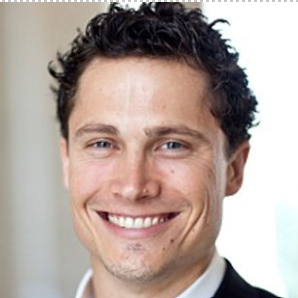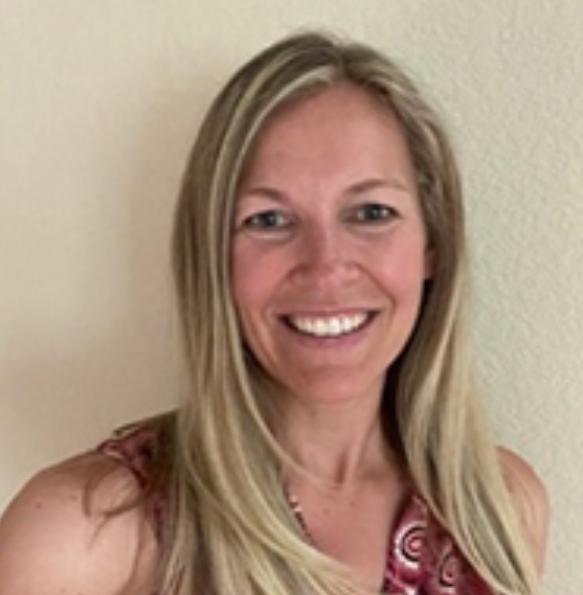Green Chemistry Advocacy & Federal Policy

Change Chemistry – through its Sustainable Chemistry Alliance – has been a leading advocate for federal policies that more effectively coordinate and expand federal activities on sustainable chemistry and incentivize R&D, commercialization, and adoption of green and sustainable chemistry solutions. In this webinar, GC3 Executive Director Joel Tickner, and Policy Advocacy Consultant Ben Dunham will provide a landscape of current federal policy activities supportive of sustainable chemistry and discuss how the GC3 is working with policymakers in Congress and federal agencies, along with other stakeholders, to prioritize investments and incentives for green and sustainable chemistry solutions. The webinar will also introduce emerging state and European policies and how they will impact sustainable chemistry. GC3’s federal policy priorities and new directions for 2023 will be presented
What you will learn: (three takeaways the audience will learn by attending this webinar)
- Current policy landscape for sustainable chemistry at the federal level
- GC3’s current efforts to advance policy on green and sustainable chemistry at the federal level
- GC3’s plans to enhance policy advocacy at the federal level and beyond in 2023
Potential Questions: (three primer questions for the speaker to get discussion going)
What are the most important policy interventions that could grow investment in sustainable chemistry?
Speakers:

Ben Dunham, GC3 Policy Advocacy Consultant
Ben Dunham is the founder and Principal Attorney of Dunham Law & Policy, a boutique law firm focused on green chemistry and clean energy. Prior to starting Dunham Law & Policy, Mr. Dunham spent five years with several AmLaw100 law firms. He also worked as a senior advisor to the late Sen. Frank Lautenberg (D-N.J.), including roles as Chief Counsel and Legislative Director. He directed the activities of the U.S. Senate Subcommittee on Superfund, Toxics and Environmental Health under Lautenberg and negotiated the first bipartisan bill to reform the Toxic Substance Control Act.
Mr. Dunham was legislative counsel at a nonprofit environmental law firm and a climate change staff attorney at another nonprofit group before working on Capitol Hill.
He has been quoted by the New York Times, Washington Post, the Associated Press, the New Yorker, and has appeared on the CBS Evening News and national radio programs.
Mr. Dunham is an active member of the Washington, DC bar.

Joel Tickner, Change Chemistry Executive Director
Dr. Joel Tickner is a Professor of Public Health at the University of Massachusetts Lowell. He is founder and Executive Director of the Green Chemistry & Commerce Council (GC3); Executive Director of the Association for the Advancement of Alternatives Assessment (A4), a new professional association; and Co-Director of the Massachusetts Toxics Use Reduction Institute (TURI). He is a leading expert on the application of green chemistry and alternatives assessment in science and policy. He has served on a number of EPA and National Academy of Sciences advisory committees and advises government agencies around the world. He holds a Master’s of Science degree in Environmental Studies from the University of Montana and a Doctor of Science Degree from the Department of Work Environment at University of Massachusetts Lowell.

Moderator: Jenny MacKellar, Change Chemistry Program Director
Jenny is responsible for coordinating the expansive portfolio of GC3 member offerings that include projects, work groups and more. She works closely with the GC3 membership to help organizations optimize their GC3 engagement. Jenny is also lead on all GC3 events, including the annual Innovators Roundtables and European Forums. Before joining the GC3, Jenny spent nine years at the ACS Green Chemistry Institute coordinating green chemistry education initiatives, awards programs, and events, including the annual Green Chemistry & Engineering Conference. Prior to that, Jenny worked with various U.S. government agencies, including the National Science Foundation and the National Institutes of Health. In these roles, she focused on science communication, science policy, federal grant management, and information technology solutions. Jenny holds a M.Sc. degree in molecular and integrative physiology from the University of Michigan and received her B.S. from the University of Denver in molecular biology with minors in chemistry and Spanish.
Change Chemistry aims to host monthly member webinars. The process and timeline for organizing and promoting the webinar are outlined below. Where appropriate, best practices or other guidance are provided. This is a living document that should be updated as changes to the process, timeline or other guidance are made.
Webinars are aimed to identify common challenges shared among companies and are aimed to share a framework, tools and suggestion in solving problems and addressing challenges. Webinars are NOT a marketing tool for companies and is best to be avoided to address goals and member engagement of Change Chemistry members by focusing on relevant topics and challenges at the time.
For More Information:

